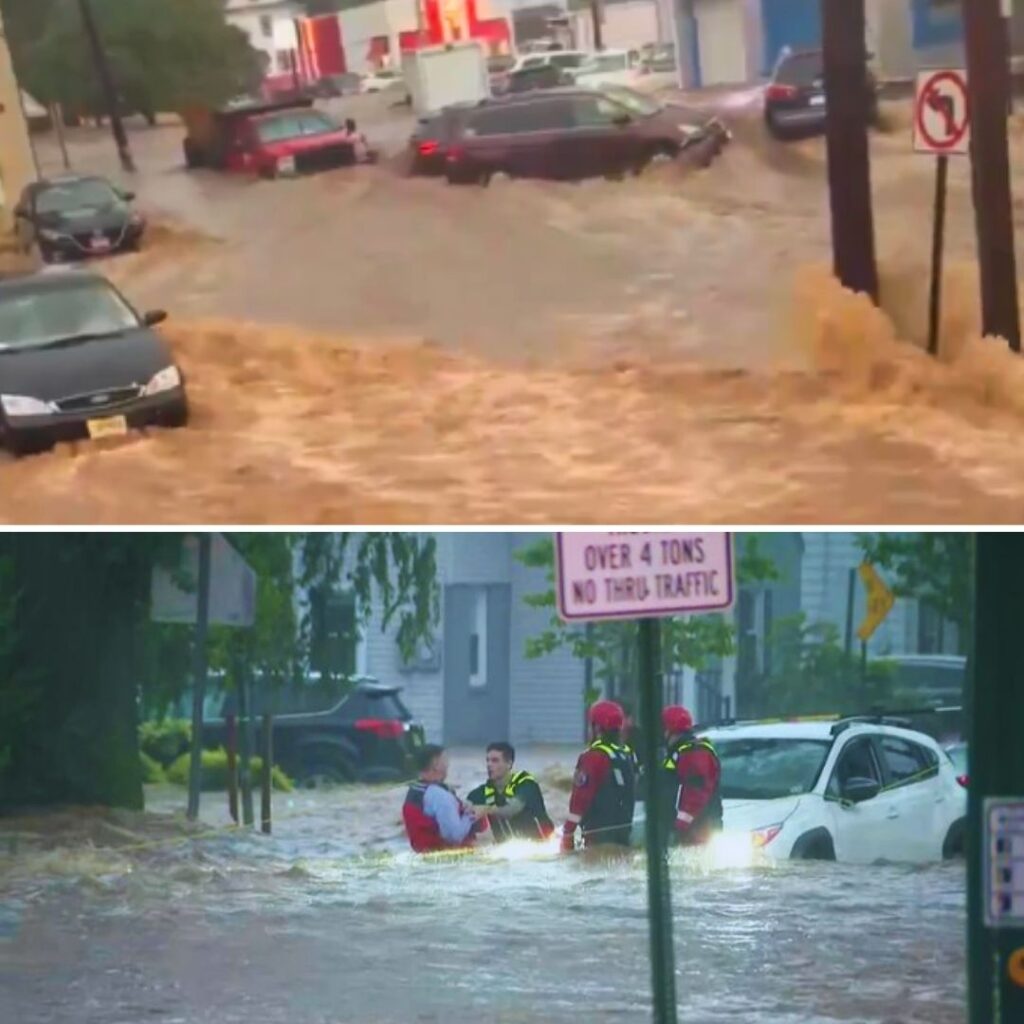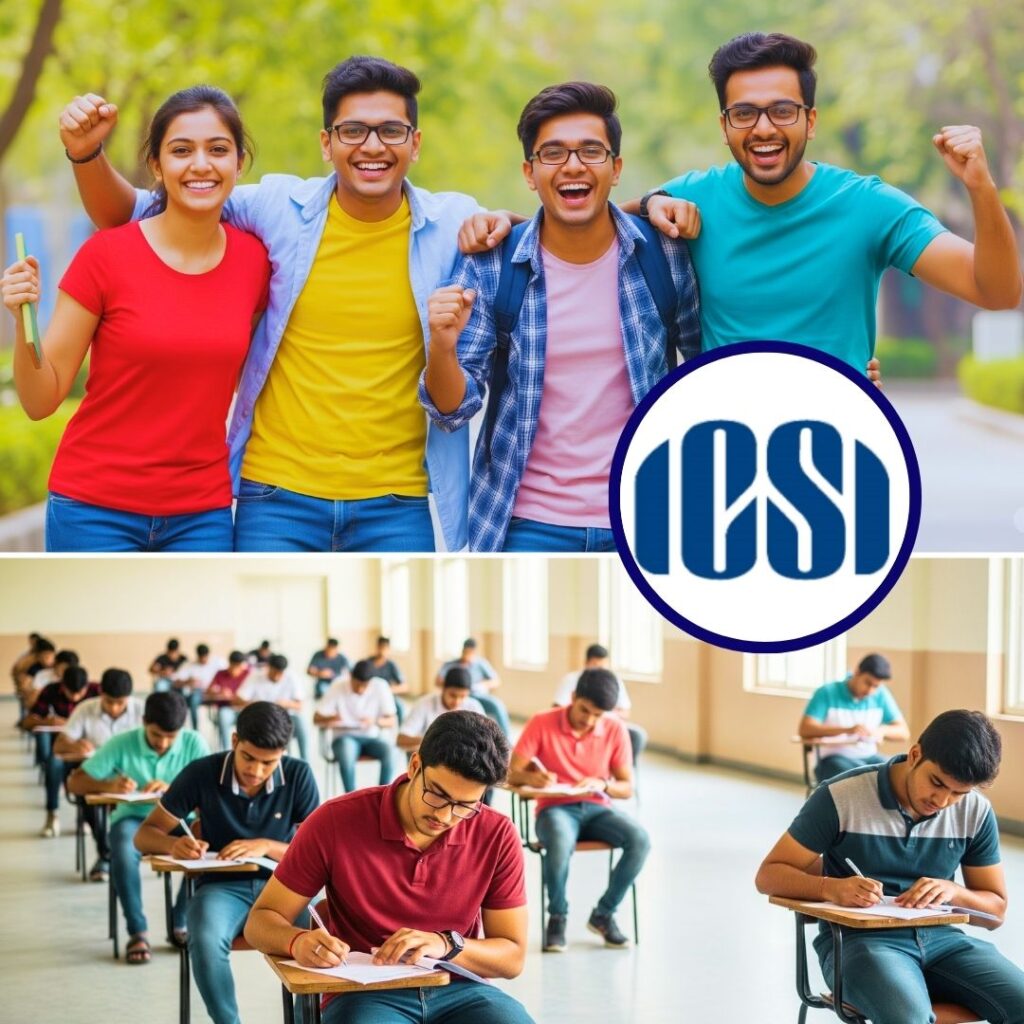“My mother feels very tired as she wakes up many times in the night to rock my sister’s cradle.” Sai Priya, a student at a government high school in Malakpet, Hyderabad, recollects the reason for her invention, a cradle that uses magnetic repulsion to automatically rock back and forth. Sai Priya knew what problem her mother constantly faced. She had studied about magnets in school. It was what she soon learnt, applied, AND created, that helped her innovate a possible solution.
‘Magnetic Cradle’ model created by Sai Priya
Helping children go from knowing to learning on their own is the motto behind Inqui-Lab Foundation. “We want problem solving and social innovation to become second nature to children because these are the skills and mindsets that our world desperately needs at the moment. We enable children to learn and apply their own textbook concepts to solve real world problems.” – the Inqui-Lab team.
Inqui-Lab Foundation has been running their low cost, innovative maker program to facilitate project based learning, bridging the gap in application skills. This increases learning outcomes, creativity, critical thinking, and collaboration, making the children 21st century ready.
Above One of the Inqui-Lab sessions focused on making your own arcade game.
“The dropout rate constantly increases over the course of progressing education, with a gradually decreasing portion of these children finishing college (10%). The lack of relevance of what they study and non-visibility of value of education are contributing factors to this downward trend.”, says Sahithya, one of the founders.
Success and economic mobility should not be determined only by educational upscaling, but by capability as well. Inqui-Lab works to enable children in seeing value in what they learn by adding relevance and giving them a place in their school and community to:
be INSPIREd (by inventions based on simple concepts), DESIGN (their own solutions for their own real world problems), OPTIMIZE (to best fit the functionality and possibility of a product), and CREATE (the most ideal solution-based product incorporating this thought process). The IDOC approach
This IDOC approach is executed in every segment or cycle the foundation teaches, with a more student-centric, problem identification, and solution innovation approach.
IDOC model
A number of these concept cycles are run through the course of the year, specifically targeting the problems stated by the kids and using solutions conjured by the kids themselves.
One of the early supporters of Inqui-Lab – Mekin Maheshwari, Flipkart ex-CPO and Founder, Udhyam Learning Foundation had this to say: “All humans, and especially children have massive potential – to be creative, to solve problems, to make the world better. Inqui-Lab ignites this potential. As the idea of Inquiry-Lab spreads, education would become more meaningful and leave a deep belief in the children – I can make the world better.
Ask Lohitaksh what he plans to do with his newfound learning of Solar Energy and panels.
Lohitaksh with his model.
Lohitaksh said “Roadside bandis can use solar panels and electric stoves. They are always on the streets anyway. They can save gas and money using free solar power.” Lohitaksh was first introduced to the concept of Solar Energy using a few storied accounts of people using their creativity and simple concepts to solve problems. This inspired Lohitaksh to come up with his own problem statement and design for a solution. All this happened so organically that solar panel technology did not have to be explicitly taught. He further understood the nuances of renewable energy by optimizing his solar bandi design to fit the carts he sees on the roads everyday.
Funnily, the textbook learning became the by-product of understanding the concepts. Moreover, all the children the organisation worked with not only understood and applied the concepts, but created more learning for themselves. They were able to make the subject relevant to themselves, their community, their world. They saw value in what they were learning. They started thinking of problems and solutions even outside the classroom.
Arif “If I put magnetic and iron buttons then anyone with hand problem can also wear shirt easily.”
Vivek, another founder, says, “We want all the children to enjoy what they are studying, imagine the infinite scope, imagine and do something tangible with what they learn, brainstorm with their peers, implement solutions, and continue innovating and brainstorming sustainable practices and products.”
A student’s educational experience should not be about the marks card which primarily grades children on paper based tests and is an inadequate measure of a child’s readiness for his post-school life or future. Inqui-Lab Foundation wants to augment the qualification of children with essential 21st …












